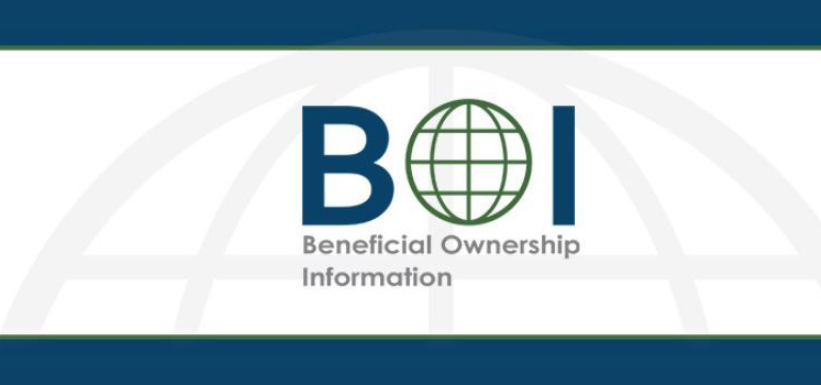
Navigating Accounting Trends: A Guide for Business Owners – Part 3
In the dynamic world of accounting, staying abreast of emerging trends is essential for firms to remain competitive and relevant. From embracing technology to adapting to regulatory changes, the accounting profession is evolving rapidly. Let’s delve into some key trends shaping the industry:
1. Outsourcing the Accounting Function
In an era where efficiency and cost-effectiveness reign supreme, outsourcing accounting functions has emerged as a popular trend. Businesses are increasingly turning to specialized firms to handle tasks such as bookkeeping, payroll processing, and financial reporting. Outsourcing allows companies to access expertise without the overhead costs associated with maintaining an in-house accounting department. As businesses deal with the complexities of modern finance, outsourcing has proven to be a viable solution to optimize resources and focus on core competencies.
2. Agile Accounting Practices
Traditional accounting methods are giving way to more agile approaches that emphasize adaptability and responsiveness. Agile accounting involves iterative planning, frequent collaboration, and a focus on delivering value to clients in real-time. Agile work practices could lead to more diverse workplaces, as well as allowing businesses to find better recruits in different locations.
3. Tax Policy Updates
The ever-evolving tax landscape demands vigilance and expertise. Tax policy updates, including changes to tax codes, regulations, and compliance requirements, have a significant impact on businesses and individuals alike. Staying abreast of these changes is essential for accountants to ensure compliance, minimize tax liabilities, and optimize financial strategies.
4. Forensic Accounting
With the rise in financial crimes and corporate scandals, forensic accounting has become increasingly important. This specialized field involves investigating financial irregularities, analyzing data, and providing expert testimony in legal proceedings. Forensic accountants are vital in detecting and preventing financial crimes within organizations.
5. Value-Based Pricing
Traditional billing models are evolving towards value-based pricing, where fees are determined by the perceived value of services rather than hours worked. This approach aligns incentives between clients and firms, emphasizing outcomes over inputs. This metric ensures that you leave every client feeling as if they’ve gotten their money’s worth.
Venning.CPA’s Commitment:
At Venning.CPA, we are committed to embracing these accounting trends and integrating them into our operations to better serve our clients. By leveraging outsourcing to access specialized expertise, embracing agile practices to enhance responsiveness, staying abreast of tax policy updates to provide strategic guidance, employing forensic accounting to uncover fraud, and adopting value-based pricing to deliver transparent and value-driven services, we strive to exceed our clients’ expectations and drive their success. With our unwavering dedication to innovation, integrity, and excellence, Venning.CPA is poised to lead the way in navigating the future of accounting.
About the Author
Rishi Gautam, CPA is a co-founder & director of Venning. Mr. Gautam holds a BBA in Accounting from the University of Miami and a Master’s Degree in Accounting from Florida International University.





